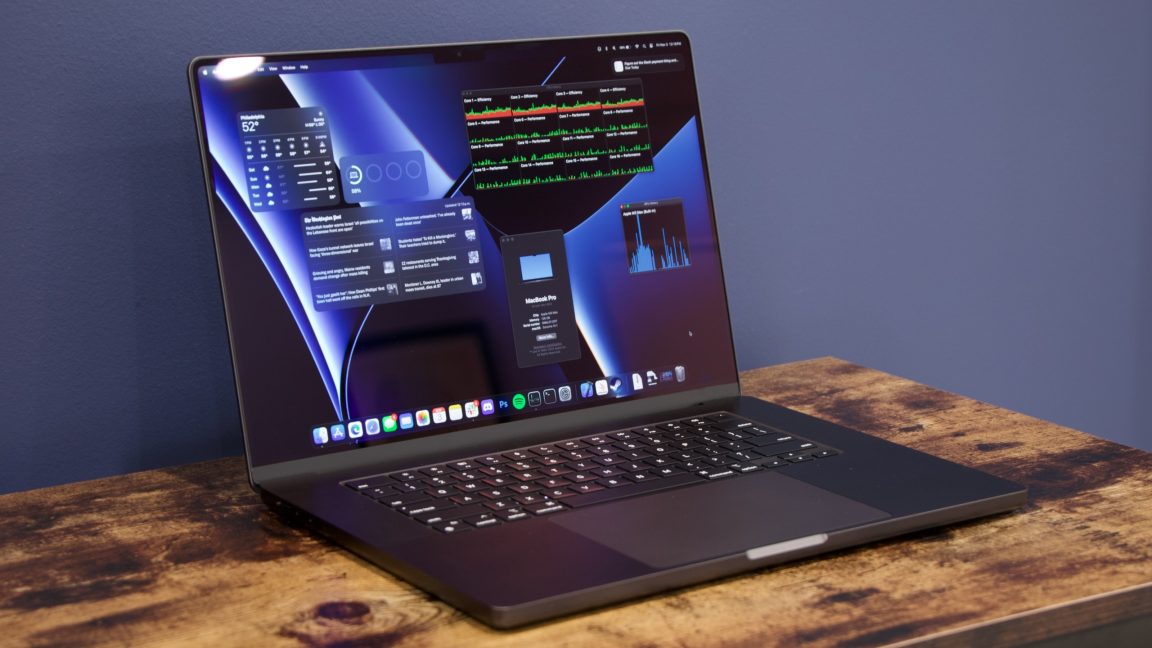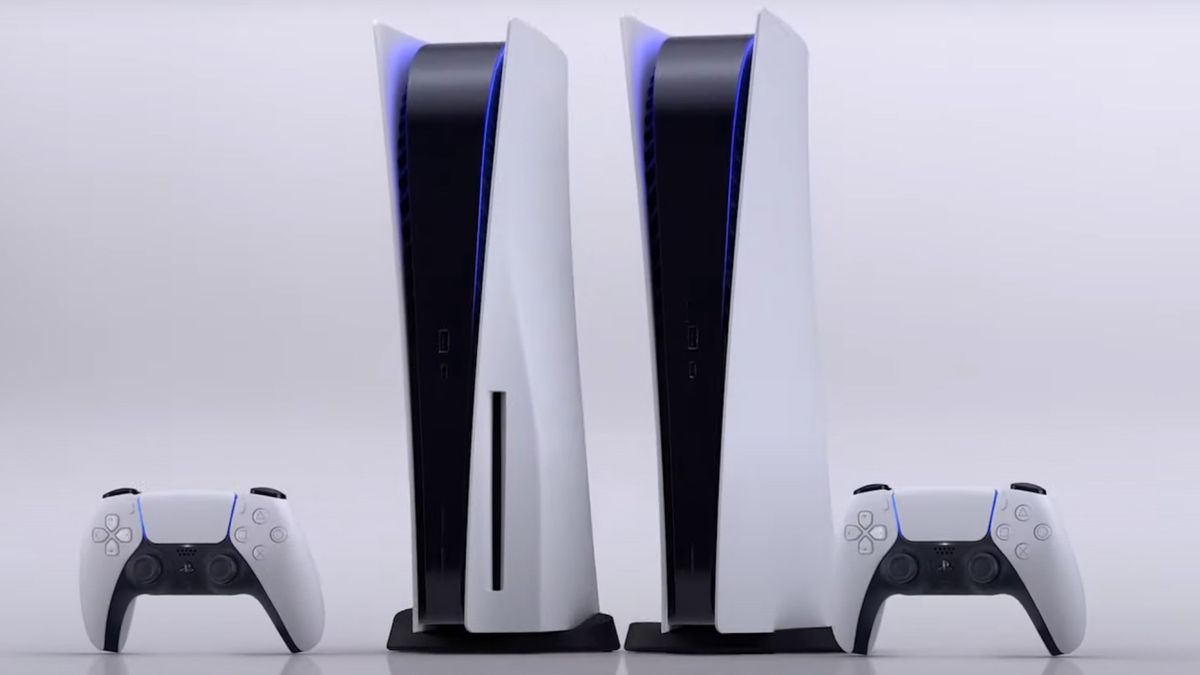It has 4.5 million transistors..That quote reminded me of something i've always wondered, If you remade the pentium 166mmx using todays best process how big would it be
Hardware museum
A17 pro is a “”3nm“” chip with 19 billion transistors so if you take a A17 pro and cut it in 4000 pieces, A single piece would potentially be about as big as a “”3nm”” Pentium 166MMX
(it would be bigger because of the connections to the CPU but the core could be that size if it were not for that)



